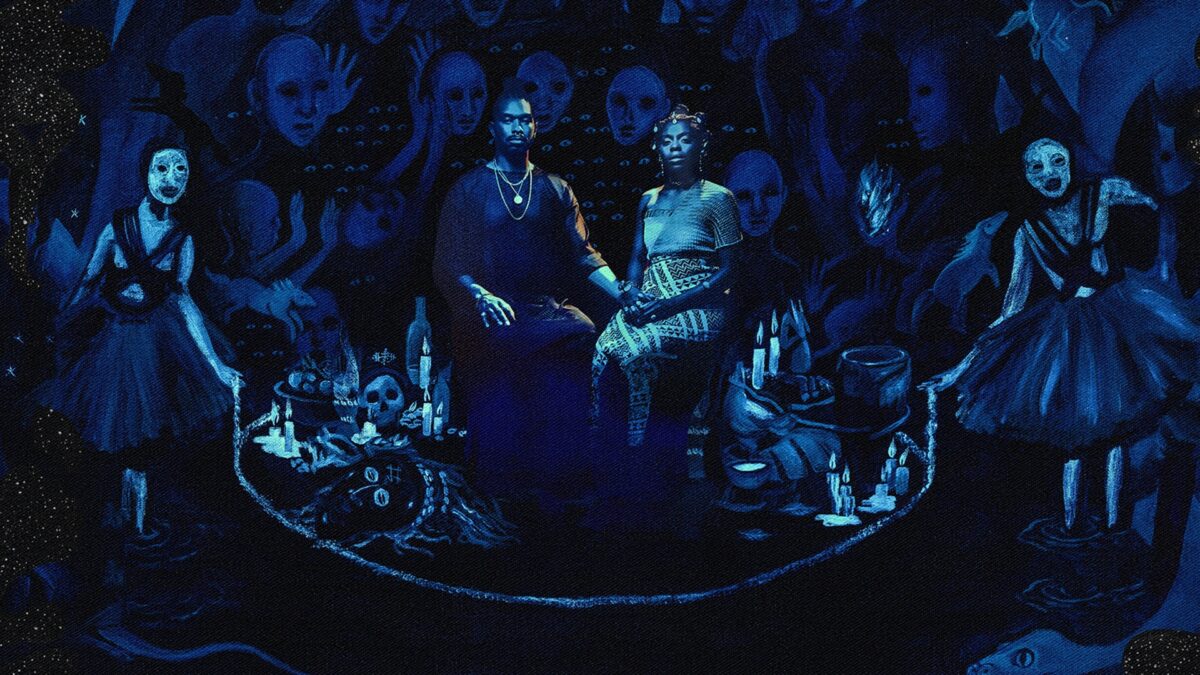
This interview for the Filmmaker Toolkit podcast took place in April 2023, before the beginning of the Writers Guild of America Strike.
Terence Nance wanted to be clear: He doesn’t think there’s anything groundbreaking about “Random Acts of Flyness.”
The concept behind Season 1 came from Nance and his brother, Nelson, imagining what if they were handed the after-midnight programming duties at a local cable access channel. “Early mid-2000s, it mostly was just syndicated Black sitcoms,” said Nance on IndieWire’s Filmmaker Toolkit podcast. “And, in our young minds, we thought we could essentially deploy whatever we wanted after midnight.”
This pitch to networks, including its eventual home at HBO, implied the ingredients of a sketch-comedy show, and Season 1 utilized a late-night cable access vibe to allow for different types of short material. According to Nance, the guiding principle internally was a concept album. Explained Nance, who is also a recording artist and writes the music for the show, “We thought of it as a place where we could express ourselves in cinema around a theme.”
In the four years between Season 1 and 2, the way Nance came to think of this flexible concept album-like structure of the series became less random — the Season 2 opening credits cross out the word “Random” from the title before adding the subtitle that became its principal structuring device: “The Parable of the Pirate and the King.”
“[The fable] became the container, and maybe most specifically a story about two characters,” explained Nance, “trying to figure out, or imagine, a way of loving each other that they haven’t seen before in culture, or in the sort of standard decorum of relationships, be they romantic, artistic, etcetera.”
That story of Terence (played by Nance) and Najja (Alicia Pilgrim), whose lives are creatively and romantically intertwined, was present in Season 1. “Whereas in the first season, you get a bit of that story, from a real estate perspective, it doesn’t take much [space],” said Nance. “And I think just knowing it needed space to be told created a mandate for engaging that storytelling in a more serialized way – focused on the spine of this story that fractals out in the way we like to do.”
While the story of Najja and Terence does supply more of a narrative arc to the six episodes of Season 2, the visual concept album-like approach allowed for the same, if not increased, level of cinematic playfulness. The language of the show mixes animation, live-action “Roger Rabbit”-like animation, musical performance, verite, surrealism, the discordant world of a commercial app that promises Black users a path to reparations, and archival documentary footage that supplies history lessons about the characters’ ancestors.
What unites these seemingly unrelated ingredients is Najja and Terence’s journey of healing and ritual. While on the podcast, Nance talked about how inspiration came from his friends and his own similar searches.
“I think the intervention of ‘Random Acts’ this season is to more explicitly bring up how Black people are finding rituals of our ancestors, specifically the indigenous communities and peoples, in those ways that are in our blood essentially, but that we have no access to or have been barred from by law until our parents’ generation,” said Nance.
It’s a heady concept that becomes almost cosmic in the way the season explores different dimensions (six in total) of consciousness, each expressed with a full-throated use of cinema designed to elicit viewers’ emotions rather than lose them in big ideas.
“The thing that the show should do is evolve the language of cinema and do something visually, sonically, in terms of expression that you haven’t seen before,” said Nance. “I think it created those sort of pieces of tapestry that allow for even those moments to be ecstatic in a way and not to feel didactic or weigh you down with information.”
The Filmmaker Toolkit podcast is available on Apple Podcasts, Spotify, Overcast, and Stitcher. The music used in this podcast is from the “Marina Abramovic: The Artist Is Present” score, courtesy of composer Nathan Halpern.













